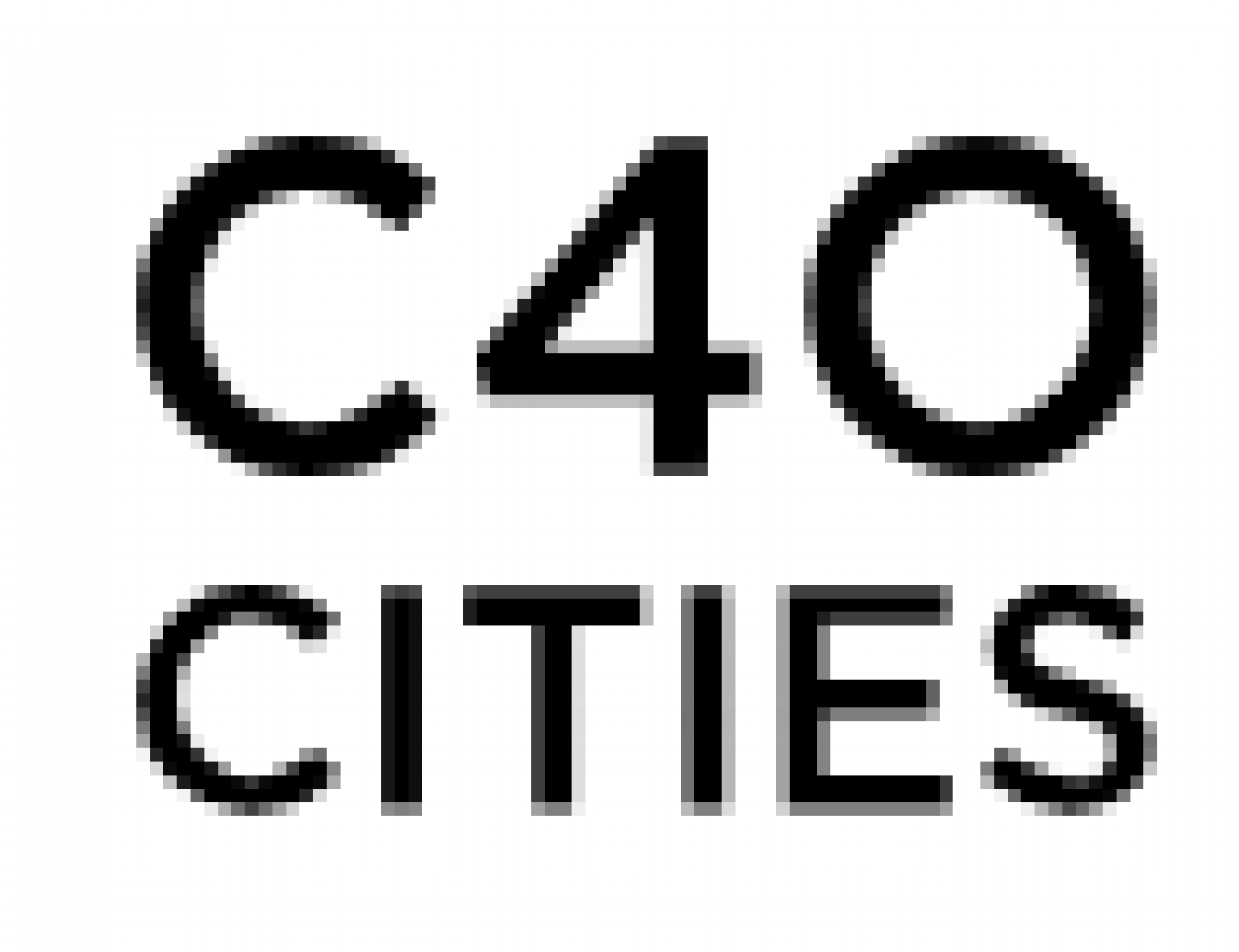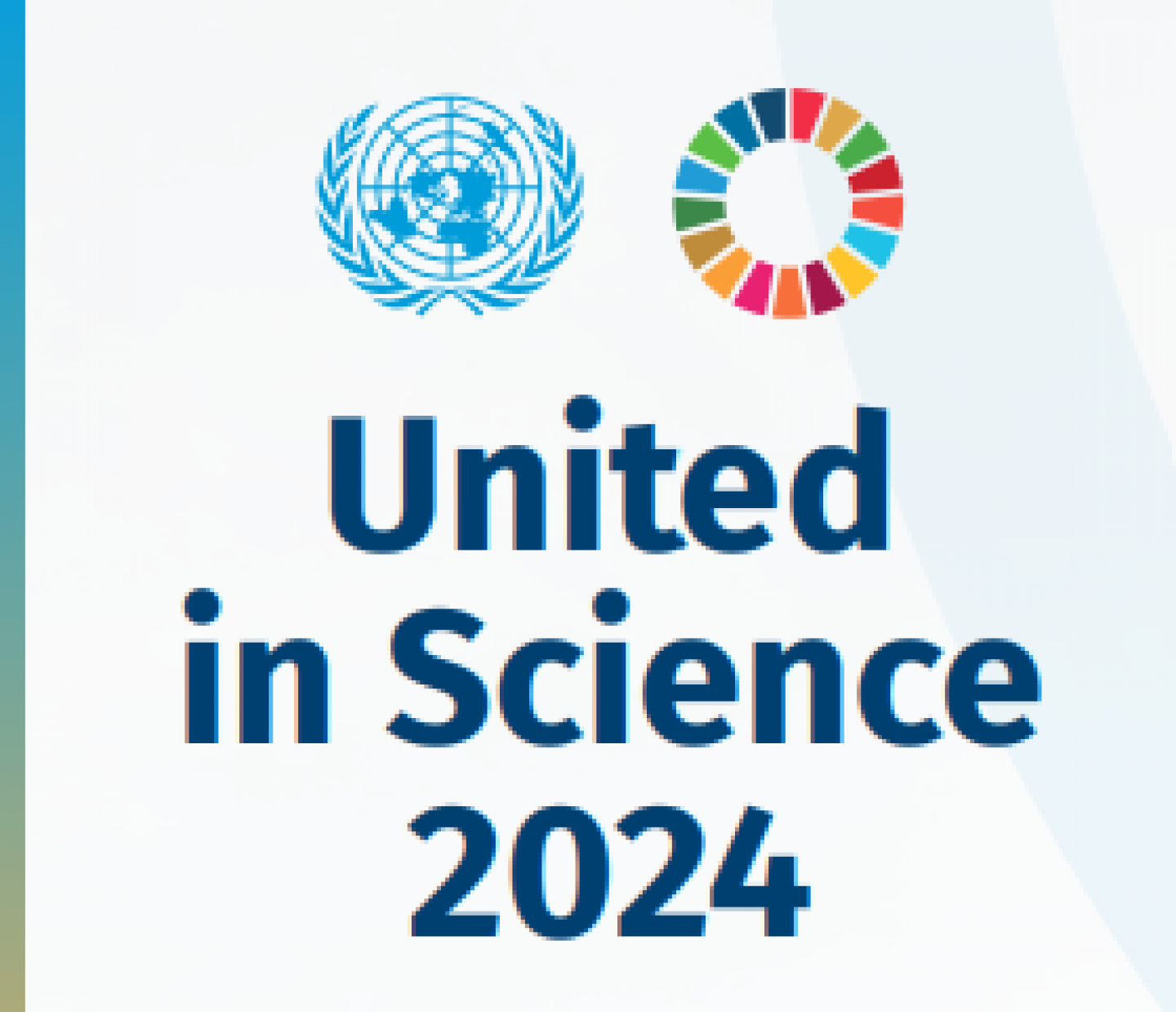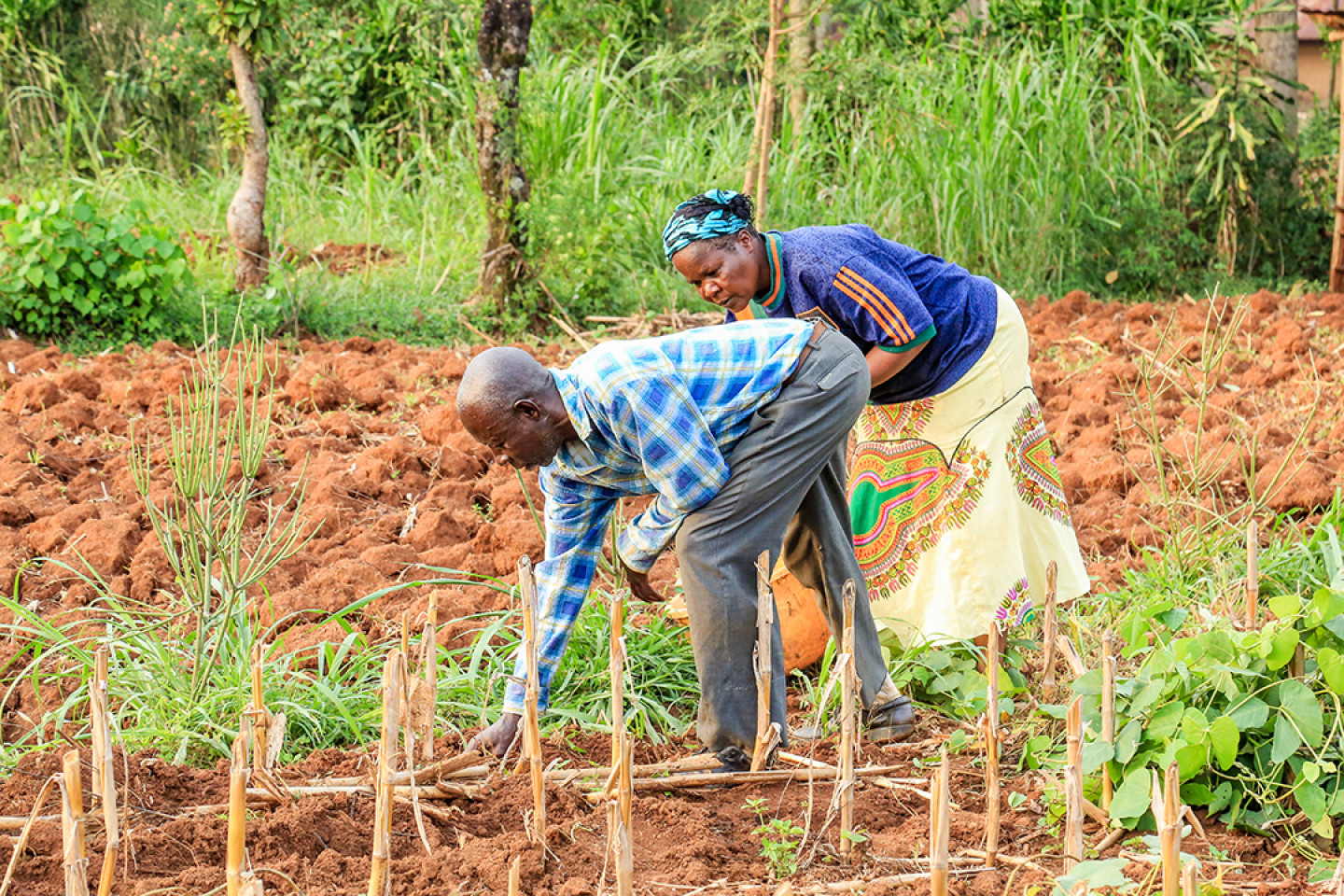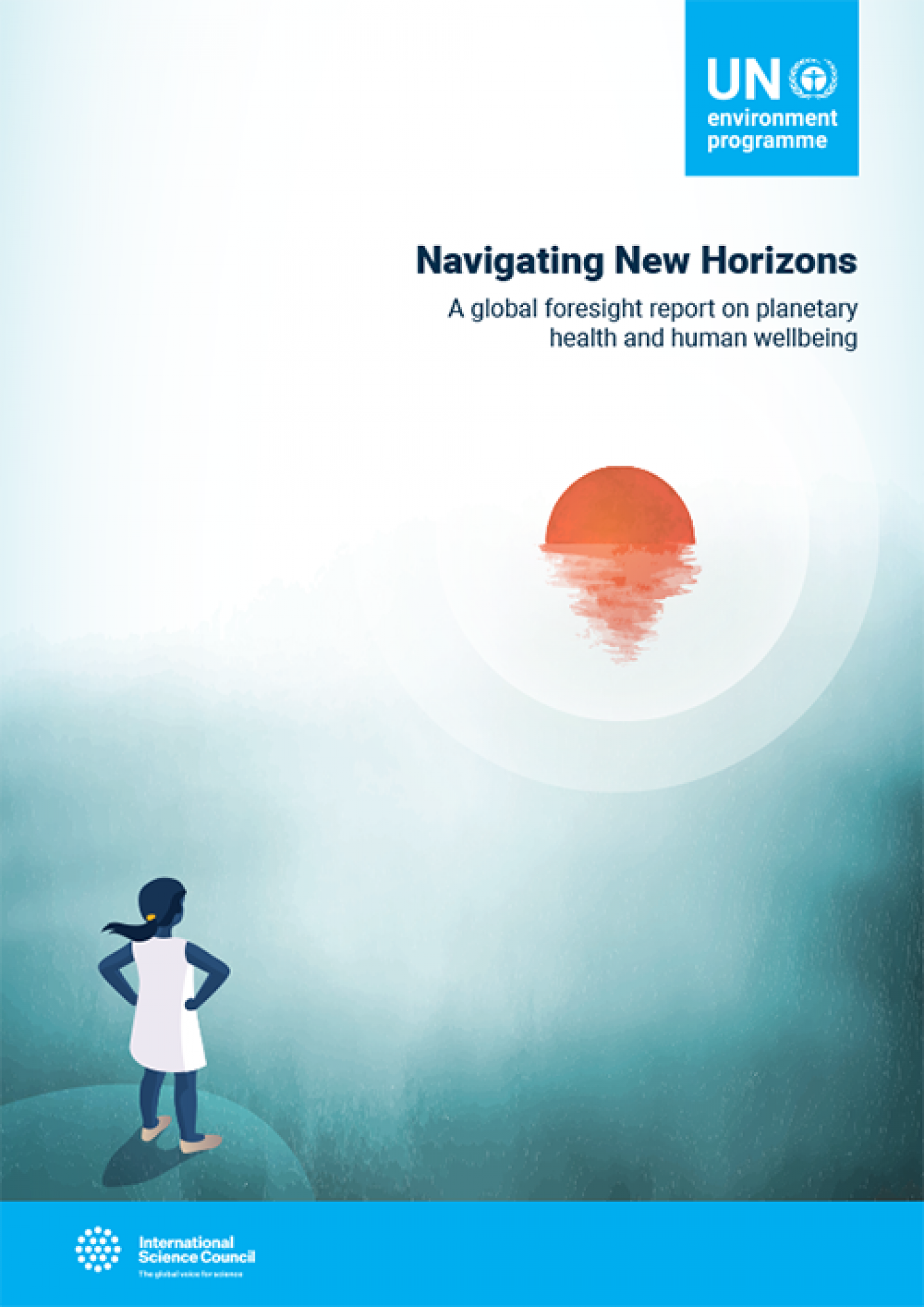Learn more about extreme heat and its impact on health systems.


Learn more about extreme heat and its impact on health systems.

International law and policy can help strengthen protections for sexual and reproductive health and rights and reduce harms to fertility, pregnancy outcomes, and maternal health caused by climate change and environmental degradation.

Climate change and nature loss are twin crises that are damaging planetary and public health. Extreme temperatures and weather events, pollution and food insecurity are already claiming millions of lives each year and this is set to increase in years to come.

Two allied innovation sectors have to learn and apply from the planet’s ills

Africa is already being heavily affected by climate change. Between 1991 and 2023, the African continent warmed at a rate of 0.3 degrees C per decade, a rate slightly faster than the global average. This has brought more frequent and severe weather extremes.

Climate change is the most significant challenge to global health, and the integration of climate information into routine decision-making in the health sector is critical.

New research by C40 Cities and the Mayors Migration Council has set out the scale and impact of climate migration to cities across Africa, South America and southern Asia over the next quarter of a century.

A multi-organization high-level complication of the latest weather, climate, water and related environmental and social sciences for the future

The information contained in the ‘Second report on the determination of the needs of developing country Parties related to implementing the Convention and the Paris Agreement’ is broken down by costed and non-costed needs, time frame, theme and sector, geography, and means of implementation.

To help navigate current and future uncertainty and disruptive change, while effectively delivering on its mandate, UNEP has been implementing an institutionalized approach to strategic foresight and horizon scanning with the view to developing an anticipatory and future-oriented culture.